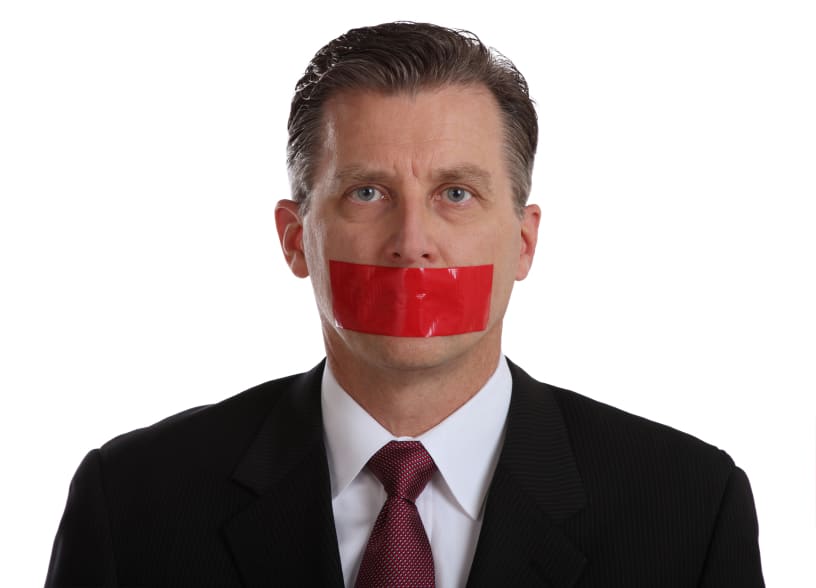Sometimes when there is a procedural or organisational blockage, an opportunity or potential solution appears out of the blue. A South Australian Supreme Court decision on 3 October 2012 (not yet available online) may be just such a case.
Almost seven years ago Jack Salvemini was working on a shark fishing boat in the Great Australian Bight when he became entangled in a net being winched and was, according to various reports, either strangled or crushed to death. SafeWorkSA prosecuted the company running the boat, Jean Bryant Fishing and the skipper of the boat, Arthur Markellos. Both were found guilty of breaching the occupational health and safety laws in effect at that time.
The company was fined $A71,000 from a maximum fine of $A100,000. Markellos was fined $A17,000. Arguments and appeals have continued on over this case since the original prosecution in the Industrial Magistrate’s Court in November 2010. (This judgement also provides the best level of detail of the fatality and its impact on all parties including Arthur Markellos)
Following the Supreme Court decision, Jack’s father, Lee, said he would like to talk with the Attorney-General to discuss what more can be done on his quest for justice. Later in the evening South Australian Premier, Jay Weatherill, commented on the case and offered to meet the family. There is a political element to the Premier’s offer as it makes an important point about the Work Health and Safety Bill currently stalled in the SA Parliament. Continue reading “The Salvemini court saga illustrates many problems with prosecutions, justice and care”


